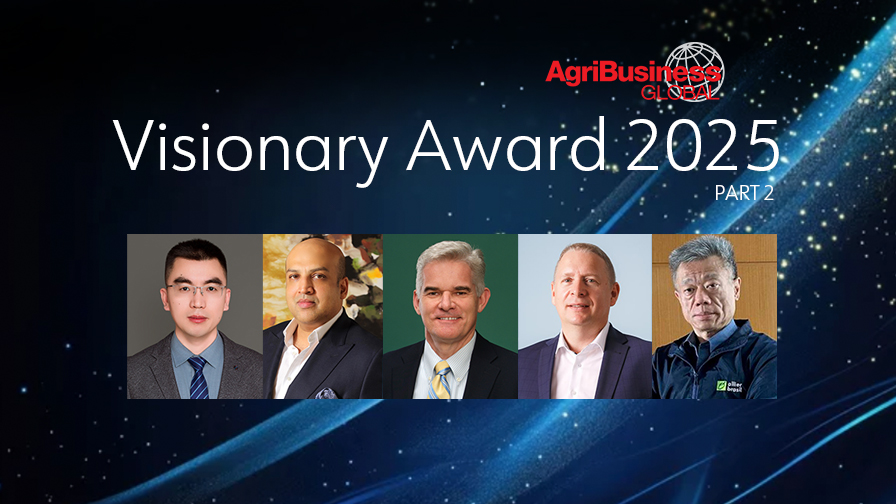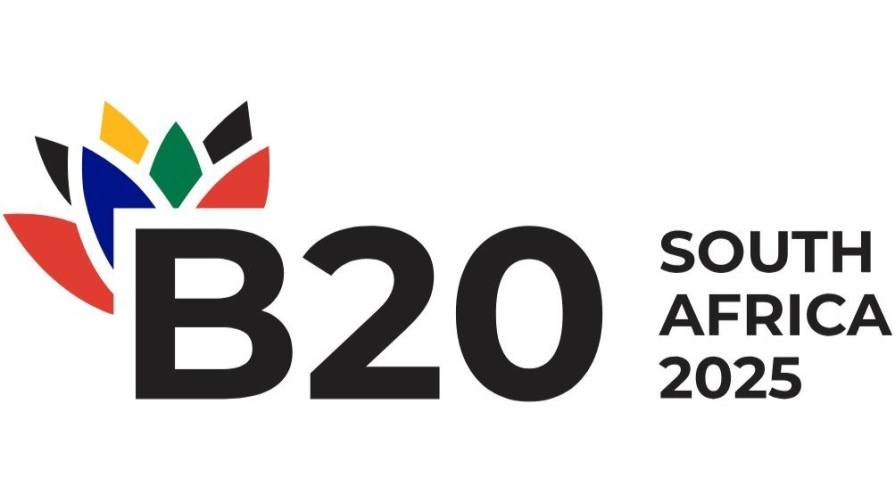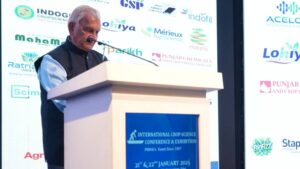SLIDESHOW: Seen and Heard at the FCI Trade Summit in Dar es Salaam
Over the course of two days, 12 influential crop protection industry subject matter experts shared their specialized knowledge with attendees of Farm Chemicals International’s FCI Trade Summit in Dar es Salaam. Speakers represented a wide range of stakeholders from government to business to professional associations.
-
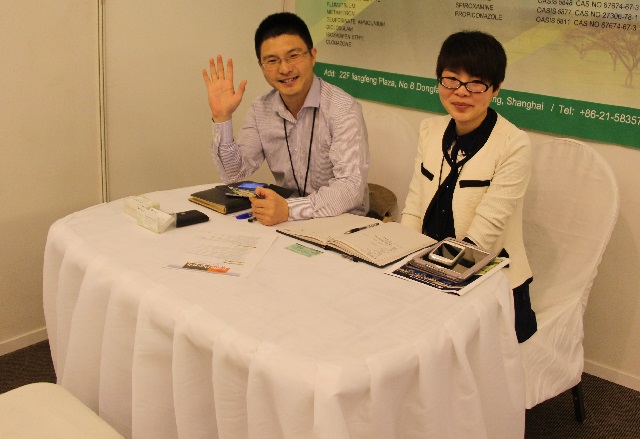
-
1 of 36
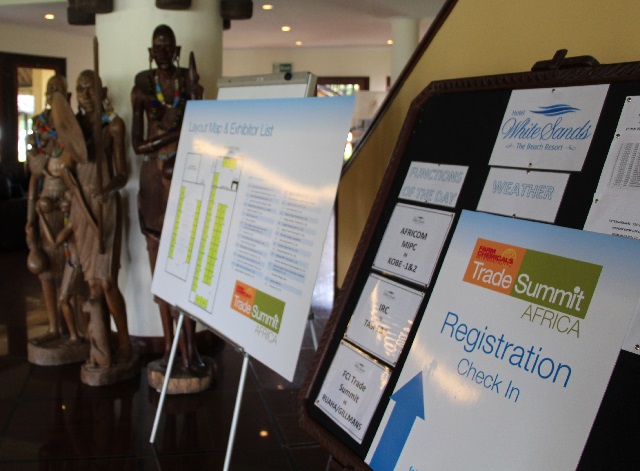
Carved wooden sculptures greet FCI Trade Summit attendees in the lobby of the White Sands hotel. In sub-Saharan Africa, the Nok tribal culture is thought to have been the first to produce life sized sculptures, though their works were terracotta. Primitive African art has influenced many schools of modern and postmodern art from impressionism to cubism.
-
2 of 36
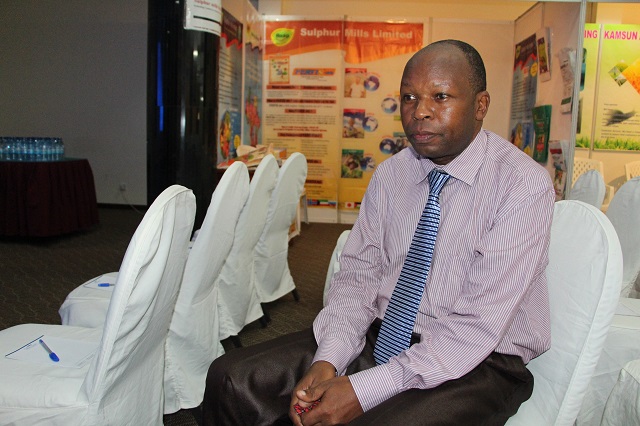
Keynote speaker Dr. E. E. Lekei, registrar of pesticides, Tropical Pesticides Research Institute, takes a moment to focus just before his presentation on challenges in registration in Tanzania. The Tanzanian government funds the Institute, which aims to become a global leader in pest and pesticide management, biodiversity and environmental conservation for health and sustainable development.
-
3 of 36
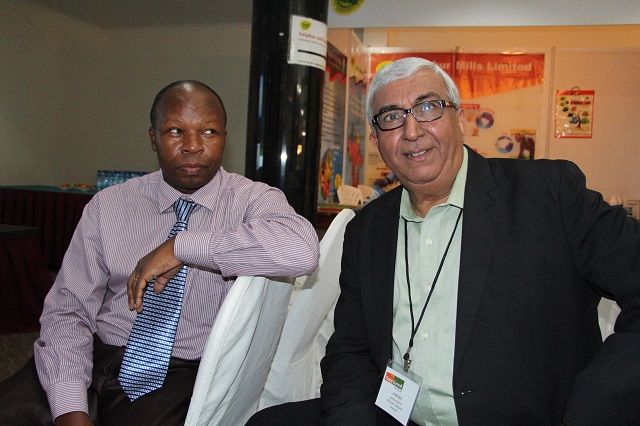
Key players: Dr. Lekei and Harish Dhutia, executive director of CropLife Tanzania, catch up before the keynote presentation.
-
4 of 36
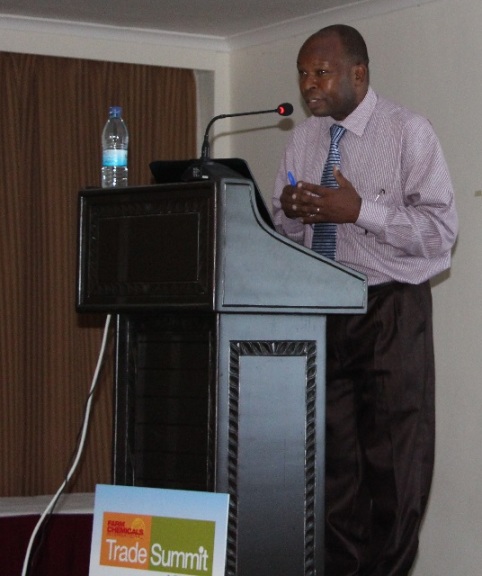
Dr. Lekei discussed the registration process in Tanzania in great detail. He explained that cypermethrin, mancozeb and dimethoate are the top three most registered active ingredients in Tanzania.
-
5 of 36
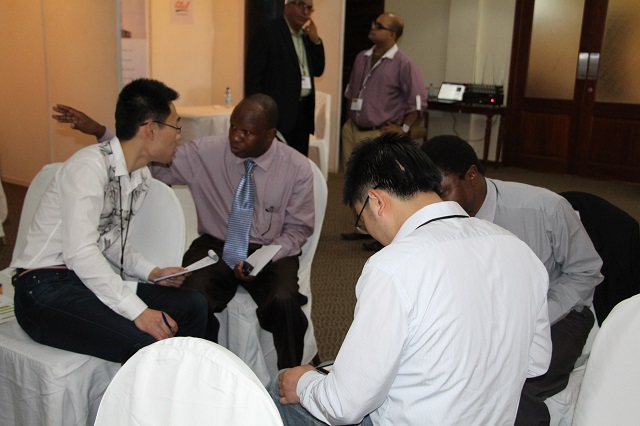
Liu Kun, left, and Wang Xiaotao, far right, of Agrodragon Co. follow up with Dr. Lekei, center, after his presentation. The audience was highly interested in the portion of his presentation on active ingredients that are most frequently registered in Tanzania.
-
6 of 36

Liu Quan Wei, left, Henry Chen of Norchem Jiangsu Corporation, middle, and Dr. Tunde of the All Farmers Association of Nigeria, right. Dr. Tunde methodically took time to meet with almost all the exhibitors on the second floor.
-
7 of 36
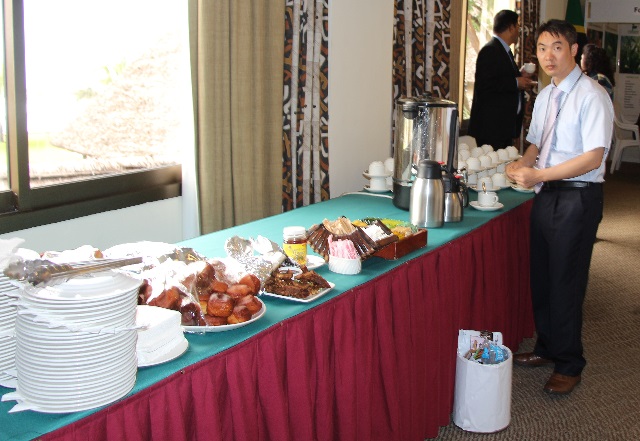
The various coffee and snack breaks offered attendees plenty of informal networking opportunities.
-
8 of 36
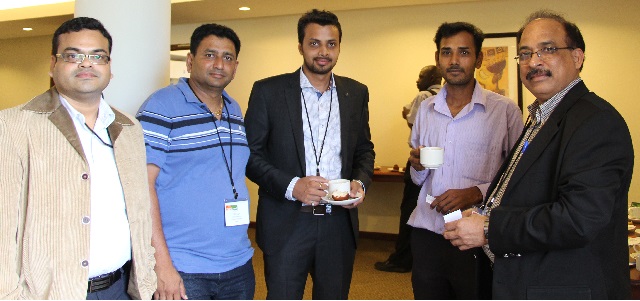
Jagannada Rao G. of Nagarjuna Agrichem Ltd., Ashutish Juyal and Nishant Pahuja of United Phosphorus and Tyan Jian of Leeds enjoy snacks.
-
9 of 36

Yevai Goto of CropLife Zimbabwe visits the exhibition during a break from the plenary sessions.
-
10 of 36
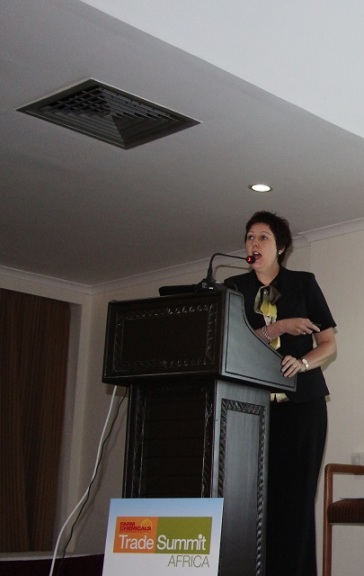
Christi Venter, product development for GlobalG.A.P, gave an energetic presentation on how to establish good agricultural practices in East Africa with a focus on how to benchmark goals specifically in Africa within an integrated farm assurance standard.
-
11 of 36
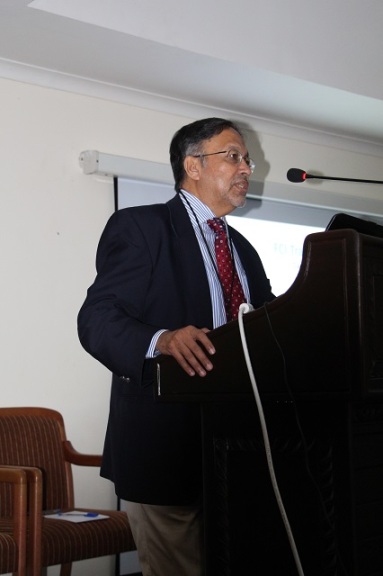
"The distribution of goods is incomplete if it goes without technical support," said Anantharaman Ramamurthy, managing director for Twiga Chemicals, in his presentationon incorporating distribution, tech support and agronomic advising to build a better value chain.
-
12 of 36

Oreo Yum, general manager at Oasis AgroScience Limited, waves and explains that his name really is spelled just like the cookie. Colleague Li Shuhuan joins him.
-
13 of 36
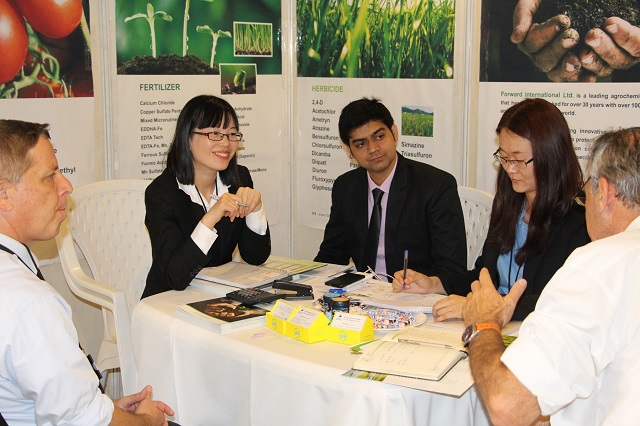
Xiang Haixiao, second from left, Pulkit Tewari, center and Zhou Li, fourth from left, all of Forward Hepu Pesticide share information with visitors to their stall.
-
14 of 36
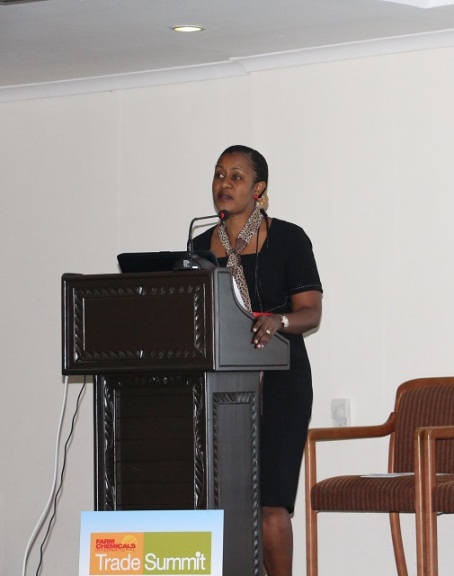
"Sometimes we tend to detach farmers from the private sector concept. As a matter of fact, there is no private sector in absentia of a farmer; they form the majority in the business value chain," said Jacqueline Mkindi, CEO of the Tanzania Horticulture Association, in her passionate presentation on the need to implement technology and GAP. Attendees commented on her superior presentation and speaking skills.
-
15 of 36
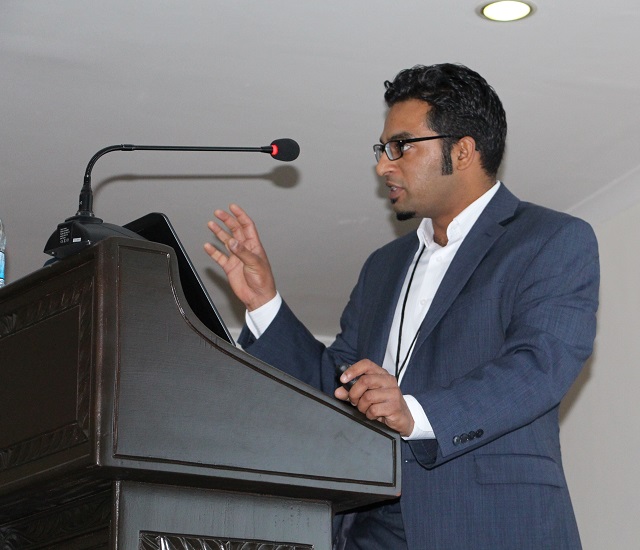
"Information gives you an advantage," said Tasleem Ahmed, regional manager for the Middle East and Africa for Kleffmann Group, in his presentation on why market research is important for crop protection. For Africa specifically, market research is in a development phase. Initial studies have shown a low penetration of crop protection products/hybrid varieties. But the rapid pace of government reform, private investment and knowledge transfer means this market holds huge potential for growth.
-
16 of 36
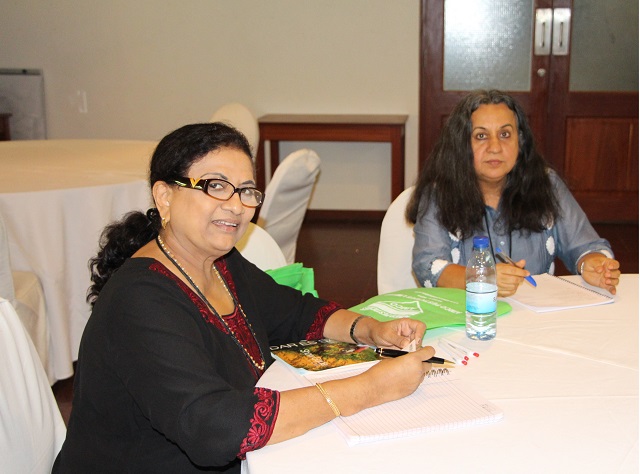
Elizabeth Shrivastava, executive director of Aimco Pesticides Limited and Bhavna Virji, partner, Nico Orgo Manures compare notes during a break in the sessions on the first day.
-
17 of 36
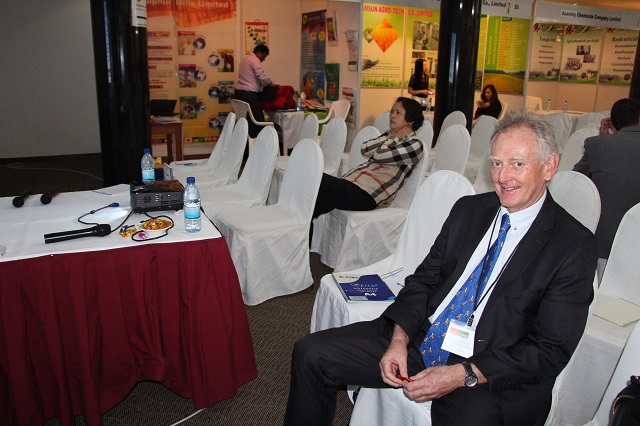
Steven Humphreys, IFDC regional agribusiness advisor for East and Southern Africa, grins and relaxes prior to his presentation on regional professional networks and information sharing on the first day. "Without an institutional environment (private industry) in the background, the value chain will be constrained by government policy, " he said.
-
18 of 36

Dr. Raymond Hoyum, president of Advantage International and Mr. Humphreys catch up during a break. "For agribusiness clusters to remain sustainable, it is essential to get private industry involved," Humphreys said.
-
19 of 36
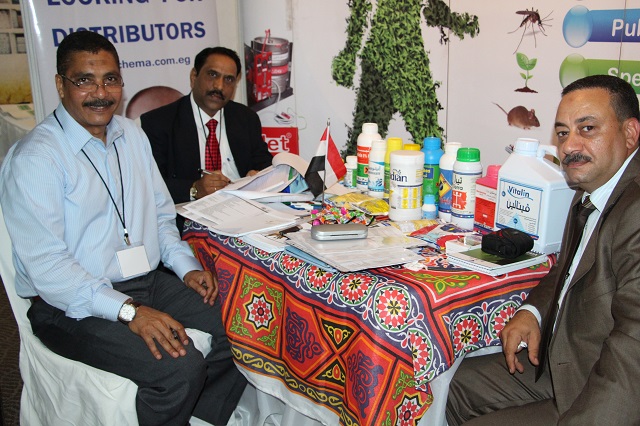
Hisham Amin, commercial manager at Chema Industries, smiles and networks at an eye-catching stall.
-
20 of 36
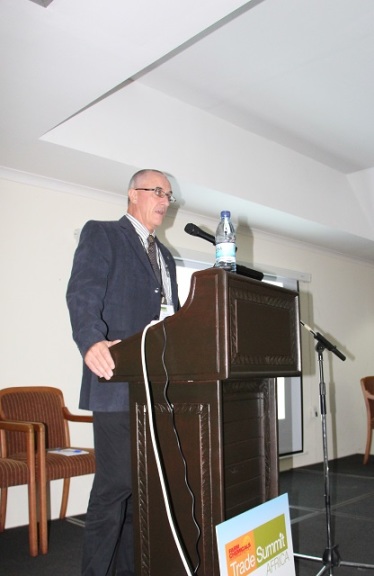
William Creighton, program manager with the Tanzania Gatsby Trust, spoke on value chain development and financial aspects of cotton and tea farming. Gatsby finances farmers so that they can get the technical support and training they need and have better access to crop inputs. Gatsby's Cotton and Textile Development Program goes to rural villages, selects lead farmers and then provides them with training in cotton growing agronomy, conservation agriculture, integrated pest management, harvesting and entrepreneurship. "Simple things like training on the speed of walking [during sprayer applications] can make a huge difference for efficacy," he explained.
-
21 of 36
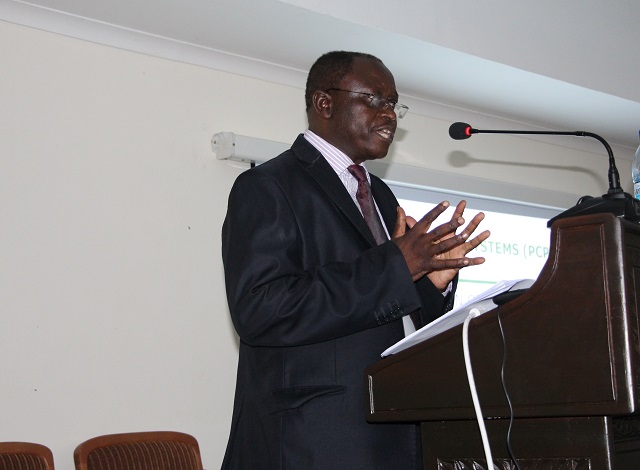
Dr. Richard Sikuku, CEO of CropLife Kenya, spoke about Kenya's role as a gateway to East Africa, both commercially and politically. One disappointment, however, has been the country's inability to export its regulatory policy in the form of harmonization: "We have been trying to harmonize the registration system in 14 countries in Africa for the last 14 years but we have not been successful."
-
22 of 36
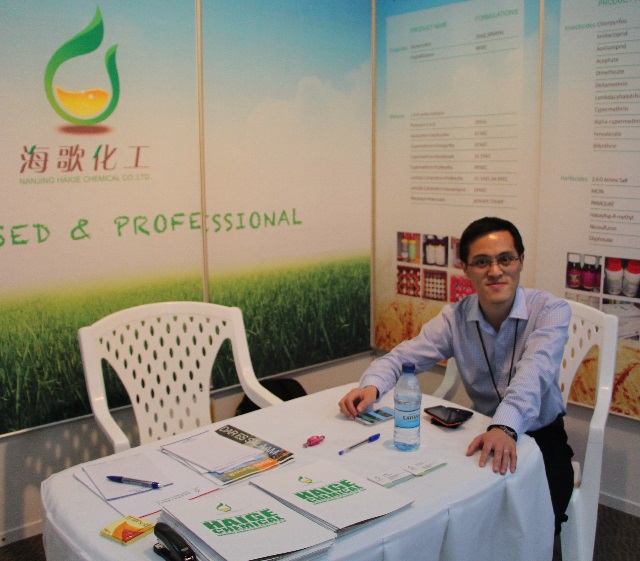
Jack Hang, general manager at Nanjing Haige Chemical Co. Ltd., was excited to take part in the Trade Summit.
-
23 of 36
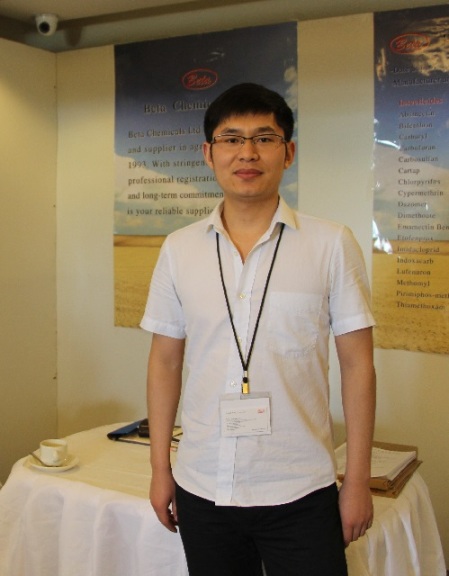
Vogue Song Wenguo of Beta Chemicals Ltd.
-
24 of 36
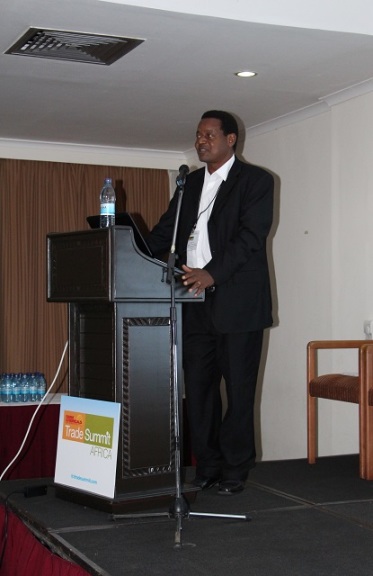
Dr. Mbette Mshindo Msolla, country manager for the African Fertilizer and Agribusiness Partnership, offered up the insider perspective he was privy to as a former government official: "The Tanzanian government is pro-agriculture, but subsides are never sustainable."
-
25 of 36
IMG_7920

The FCI Trade Summit was able to bring together young professionals in order to create more transparency and draw attention to growth opportunities in Tanzania.
-
26 of 36
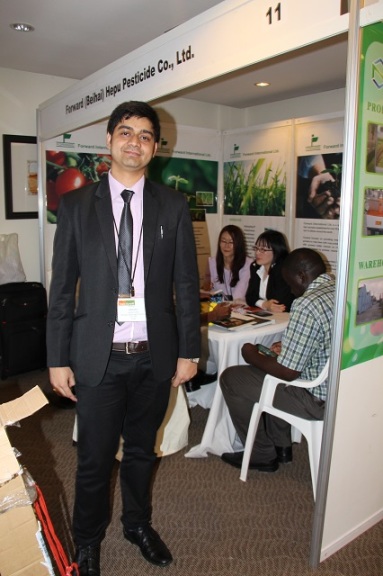
Pulkit Tewari of Forward International Ltd.
-
27 of 36
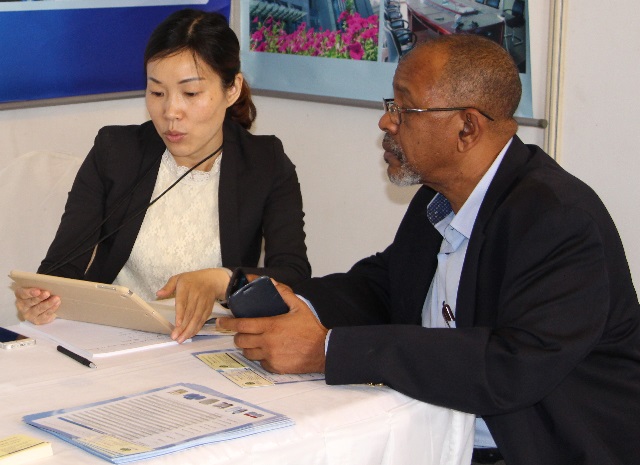
Wu Xinju of Jingma Chemicals Co. shares information with a visitor to her stall.
-
28 of 36
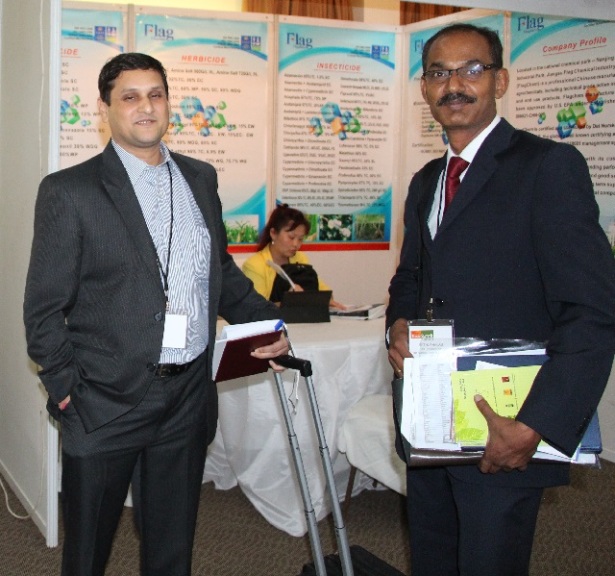
Amit Talsera of Meghmani and P.R.Bhetu Bhalaji of Ramcides.
-
29 of 36
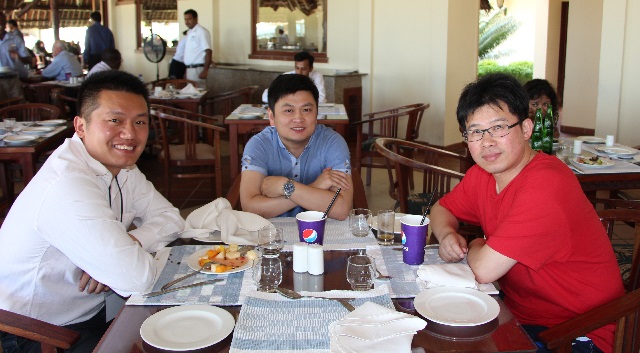
Chen Hengjun, left, and Liu Quan Wei, center, of Norchem Jiangsu Corporation have lunch with Wang Wenxi, right, of Asambly Chemicals on May 14.
-
30 of 36
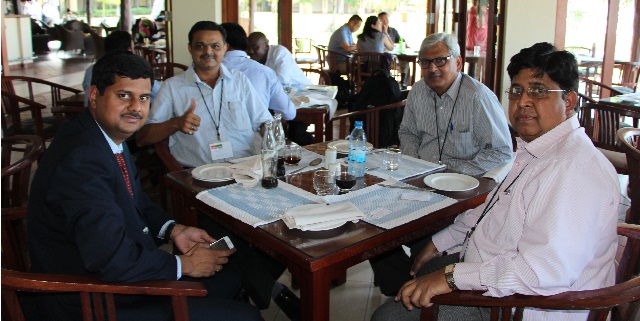
Dr. Bala of Atul Ltd. has lunch with colleagues.
-
31 of 36
IMG_8147
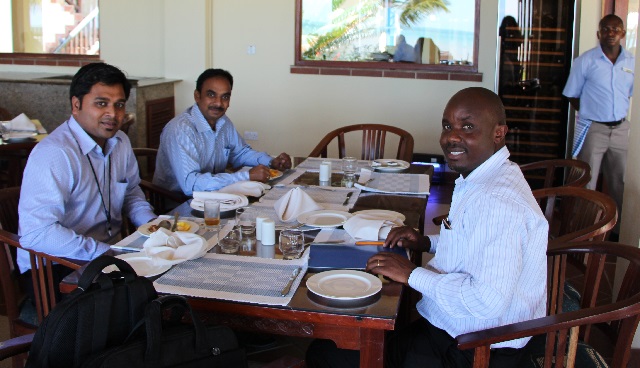
The Trade Summit brought new buyers, sellers and industry professionals together to do business and learn about markets.
-
32 of 36
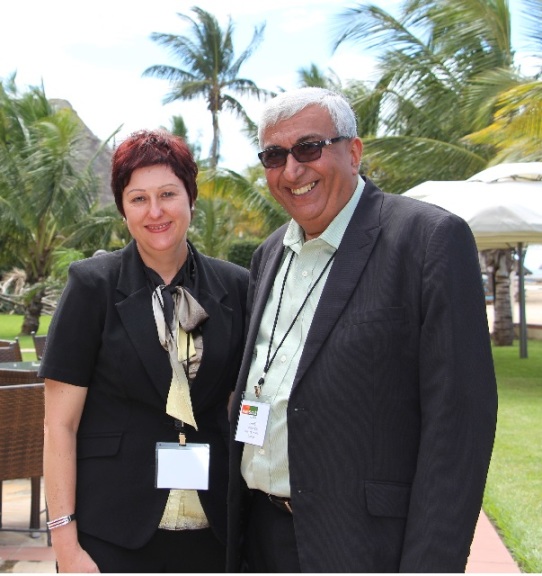
Christi Venter of GLobalG.A.P. and Harish Dhutia, Executive Director of CropLife Tanzania: "There is a lot of room for crop protection product usage in Tanzania which has not been exploited," Dhutia says. "We have big, big room to grow in agriculture. In a nutshell, please come and invest in Tanzania."
-
33 of 36
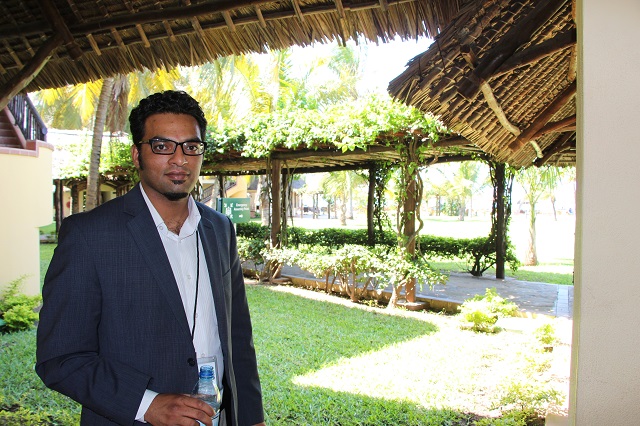
Tasleem Ahmed, regional manager of the Middle East and Africa for the Kleffman Group: "In almost every country in Africa, radio was the main medium of getting farming knowledge."
-
34 of 36

The problem with agriculture in Tanzania is that although the government subsidizes agriculture programs, those subsidies are going to run out. However, because of those unsustainable programs, says Dr. Msolla of AFAP says: "Tanzania is now the breadbasket for our neighboring countries," creating potential for long-term, regional shortages if a solution is not found.
-
35 of 36
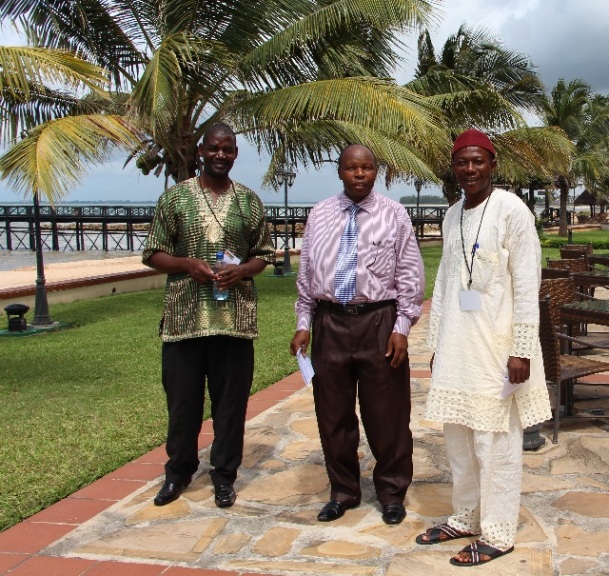
In the company of scholars: Dr. Chuchu from Kenya, Dr. Lekei from Tanzania, and Dr. Tunde from Nigeria were able to discuss issues facing pan-African farming.
-
36 of 36
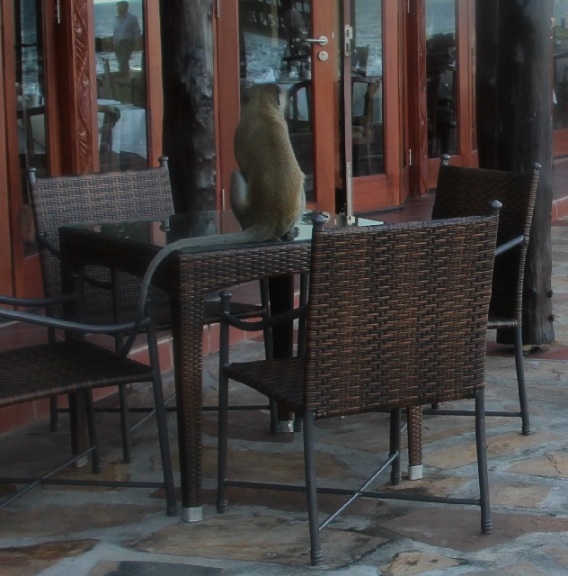
This monkey was ready for dinner.
View all
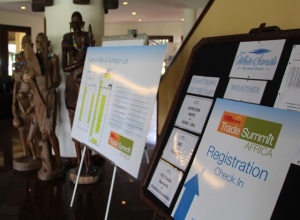
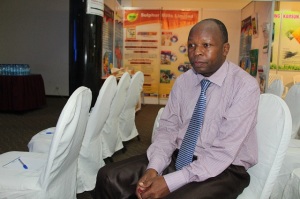
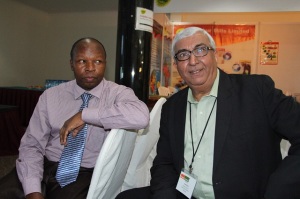
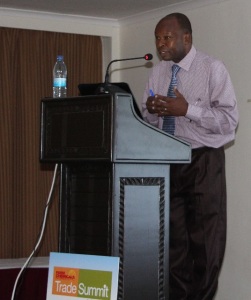
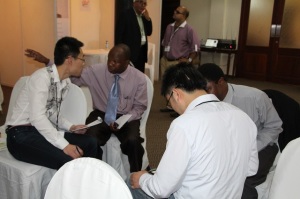
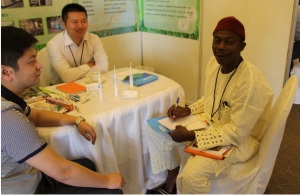
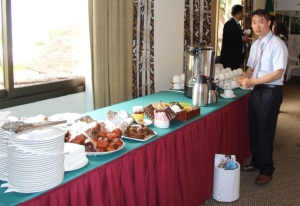
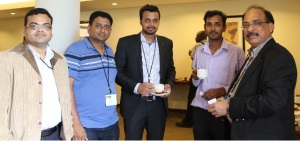

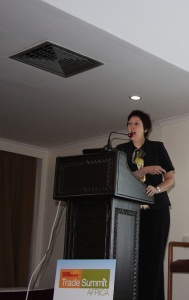
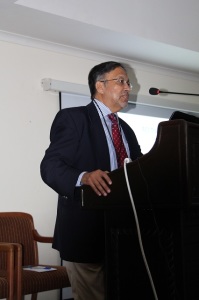
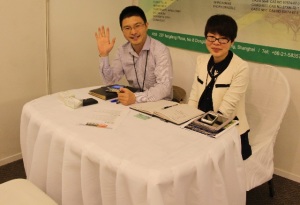

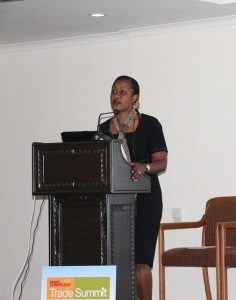
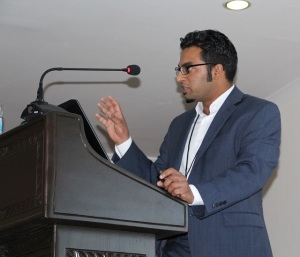
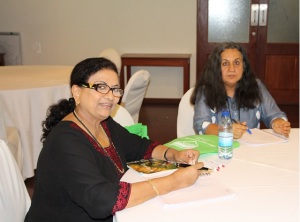
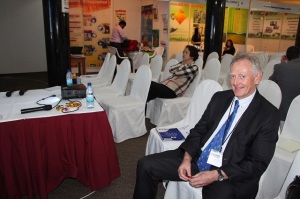
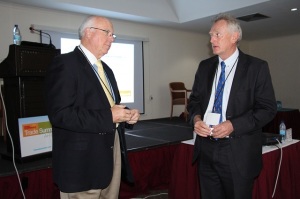
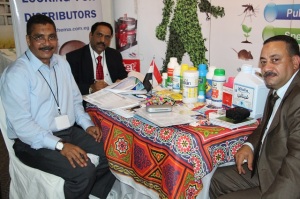
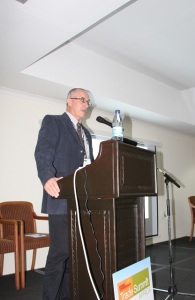
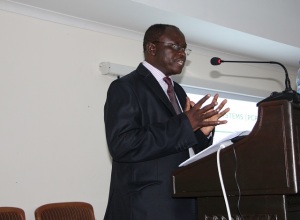
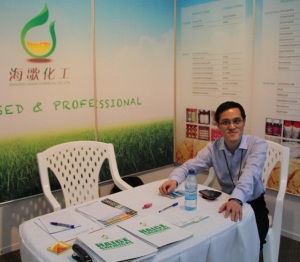
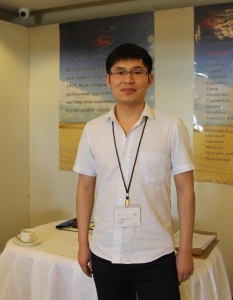
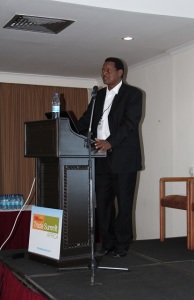
IMG_7920
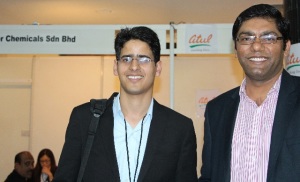
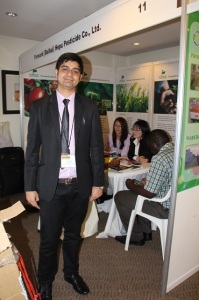
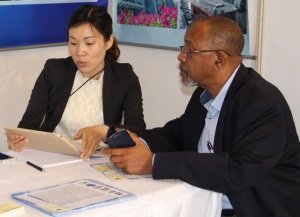
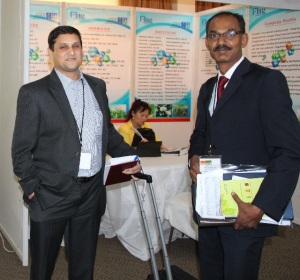
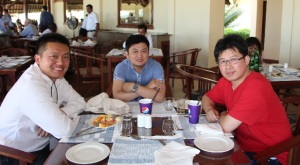
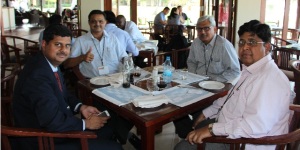
IMG_8147
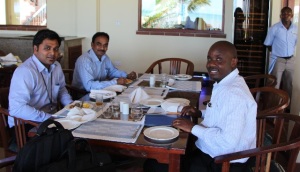
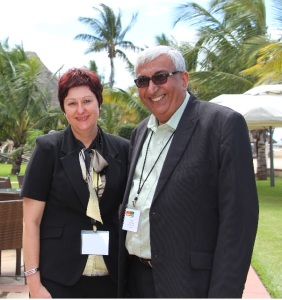
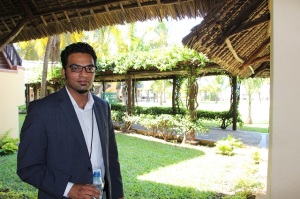

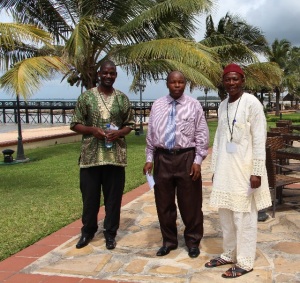

One thing many of them noted was the need to share information in order to move forward in an industry that can seem opaque and unreadable, much less navigate a market as dense and complex as East Africa. In each of four sessions, the goal was to get on the same page and shed more light on who is doing what where and the best way to do those things.
The keynote speaker was Pesticide Registrar of Tanzania Dr. E. E. Lekei, who started things off with a presentation that explained how to register products in Tanzania, discussed challenges, and shared trends such as active ingredients most frequently registered in the country. Session one on day one focused on good agricultural practices and technology integration with presentations by Christi Venter of GlobalG.A.P., A. Ramamurthy of Twiga Chemicals, and Jacqueline Mkindi, CEO of the Tanzania Horticulture Association. The second session covered topics including soil health and nutrition and professional networking and information sharing. Steven Humphreys of IFDC and Dr. Raymond Hoyum of Advantage International spoke.
Research, data analysis and finance were the focus of the third session on the morning of day two. Tasleem Ahmed of Kleffmann Group, Humphreys and William Creighton of the Tanzania Gatsby Trust presented. The final session was about grassroots agricultural development programs, Kenya’s role, and crop protection data specific to Tanzania. Dr. Mbette Msolla of the African Fertilizer and Agribusiness Partnership, Dr. Richard Sikuku of CropLife Kenya, and Harish Dhutia of CropLife Tanzania spoke.
Get The Newsletter Today!

Update
Jessica is Associate Editor for Farm Chemicals International. See all author stories here.
